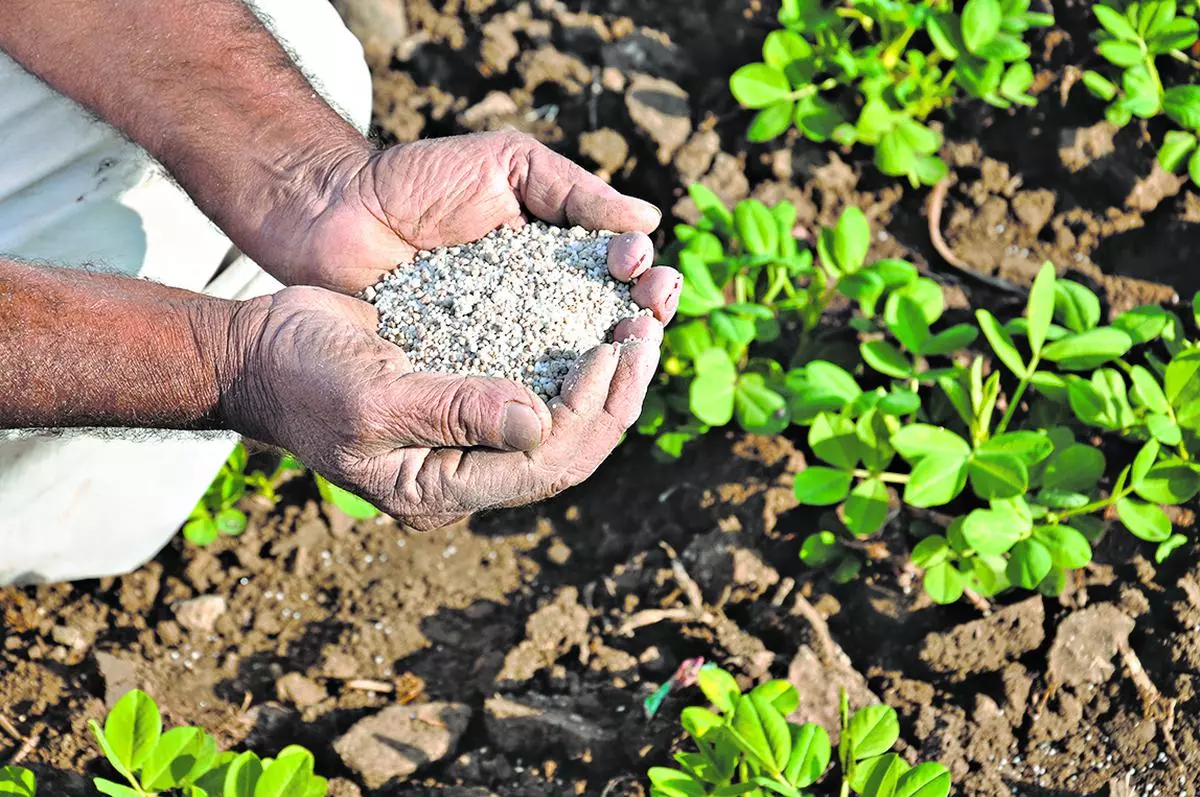- Industry
- 2 min read
Bayer's operating profit hit by weak agrochemicals demand
Bayer, which had close to 100,000 staff at the end of 2023, said it cut the equivalent of 3,200 full-time jobs during the first six months of this year, marking an acceleration after cutting 1,500 jobs during the first quarter.
Frankfurt: Germany's Bayer posted a 16.5 per cent drop in second-quarter adjusted earnings on Tuesday, becoming the latest supplier of agricultural chemicals to be hit by weaker demand due to lower grains prices.
Sluggish agriculture markets pose a new headache for CEO Bill Anderson, who has launched a push to speed up decision making and streamline corporate bureaucracy to turn around the embattled industrial group.
The group's earnings before interest, taxes, depreciation and amortisation (EBITDA), adjusted for one-off items, fell to 2.1 billion euros ($2.3 billion), also dragged lower by negative foreign exchange effects, in line with an average analyst estimate posted on the company's website.
Bayer, which had close to 100,000 staff at the end of 2023, said it cut the equivalent of 3,200 full-time jobs during the first six months of this year, marking an acceleration after cutting 1,500 jobs during the first quarter.
The CEO has said he would not set specific staff reduction targets but predicted that an ongoing unit-by-unit review would result in significant cutbacks over time.
U.S. rival Corteva last week cut full-year forecasts, hurt by lower prices for its crop protection products.
BASF, another major competitor, has said herbicide and fungicide sale volumes declined during the April-to-June quarter, normally a key earnings-generating season for the industry.
A decline in agricultural commodity prices has forced many farmers to rein in their spending on crop chemicals.
Bayer confirmed its previous full-year earnings guidance.
Anderson said in March he would hold off for up to three years on previous preparations to break apart the German maker of pharmaceuticals, crop protection products and consumer health remedies.
His focus is instead on changing Bayer's management structure as well as on cutting debt and dealing with a massive wave of U.S. product liability lawsuits.
Anderson, who became CEO in June 2023, has had a tumultuous start in the job marked by falling share prices and efforts to end the litigation about an alleged cancer-causing effect of weedkiller glyphosate. The group also suffered a major setback in drug development late last year.
The CEO, however, clearly won a confidence vote at his first annual general meeting for Bayer in April. Earlier in the year, top-five shareholder Harris Associates came out in strong support for the CEO's course. (Reporting by Ludwig Burger; Editing by Rachel More and Helen Popper)



COMMENTS
All Comments
By commenting, you agree to the Prohibited Content Policy
PostBy commenting, you agree to the Prohibited Content Policy
PostFind this Comment Offensive?
Choose your reason below and click on the submit button. This will alert our moderators to take actions